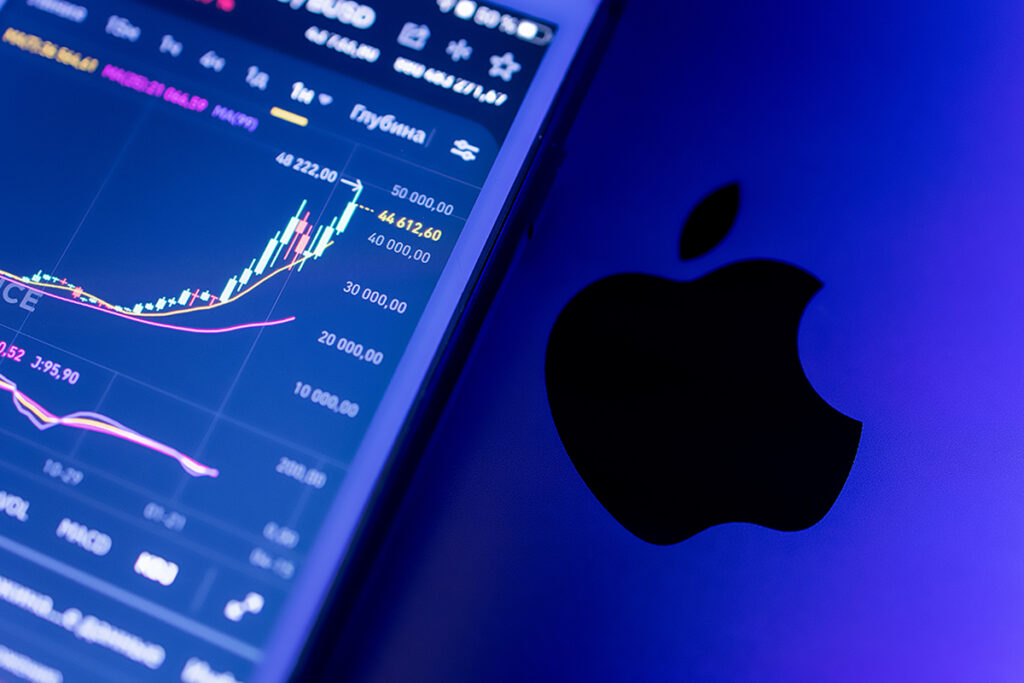In a landmark legal move, the US Justice Department, along with more than a dozen states, has taken on tech giant Apple in a sweeping antitrust lawsuit. Filed on Thursday, the lawsuit alleges that Apple has unlawfully monopolized the smartphone market, marking the latest action in a broader governmental crackdown on the power wielded by Big Tech corporations.
Attorney General Merrick Garland outlined the accusations, stating that Apple maintained its dominant position not through fair competition but by violating federal antitrust laws. Among the allegations are claims that Apple’s restrictive app store terms, exorbitant fees, and tightly controlled ecosystem, commonly referred to as the “walled garden” approach, stifle competition and innovation in the smartphone industry.
The lawsuit, filed in the US District Court for the District of New Jersey, follows years of criticism and complaints from industry observers regarding Apple’s business practices. These practices include preferential treatment for its own products, such as giving iPhones better access and features compared to competitors’ devices.
Apple has vehemently denied the allegations and vowed to vigorously defend itself against the lawsuit, expressing concerns that the legal action could impede its ability to innovate and provide consumer-friendly technology.
The complaint specifically points to Apple’s control over iOS, the operating system powering iPhones, as a tool used to block innovative apps and services from reaching the public. Additionally, the lawsuit alleges that Apple’s 30% commission on most app store sales imposes unnecessary financial burdens on developers and limits consumer choice.
The legal action against Apple represents the Biden administration’s latest effort to address growing concerns about the unchecked power of Big Tech companies. Apple joins a list of tech giants, including Meta (formerly Facebook), Google, and Amazon, to face antitrust scrutiny from the US government.
Furthermore, European regulations have forced Apple to make significant adjustments, including allowing users in the European Union to download apps from third-party app stores. However, critics, including Epic Games, have accused Apple of violating EU laws by blocking attempts to launch competing app stores on its platform.
While Apple has historically enjoyed a sterling reputation for innovation and design excellence, recent criticisms and legal challenges have cast shadows over its image. Under the leadership of CEO Tim Cook, Apple’s reputation for groundbreaking innovation has been questioned, with some observers suggesting that the company’s focus has shifted towards financial management and market expansion.
As the legal battle unfolds, both Apple and the US government will be closely watched, with the outcome likely to have significant implications for the future of competition and innovation in the tech industry.


